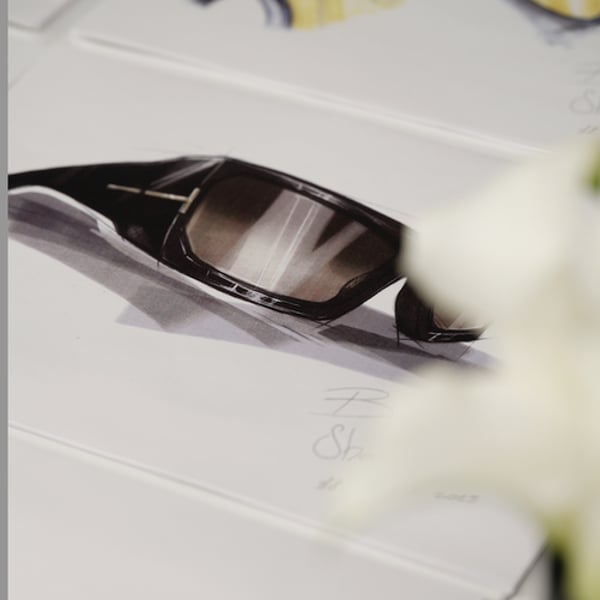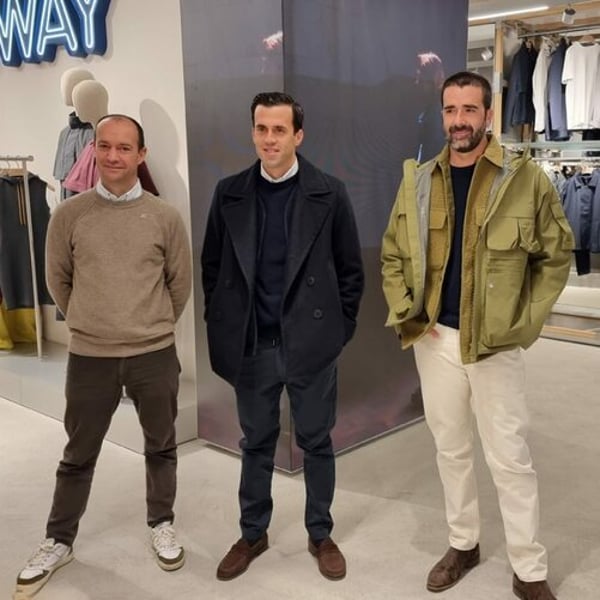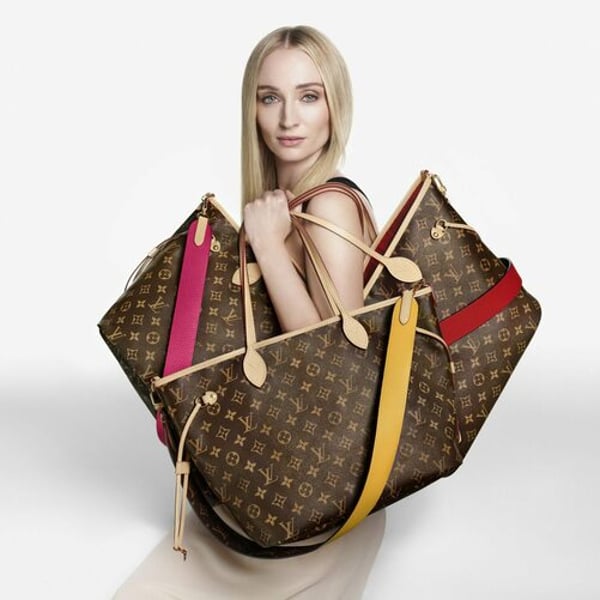Translated by
Nazia BIBI KEENOO
Published
September 10, 2025
After years of accelerating marketing strategies and driving up prices, luxury houses may now have more to gain by returning to the fundamentals. How? By refocusing on product quality, durability and authenticity — while offering meaningful, experience-driven connections with their customers. These are the key takeaways from EY’s latest “Luxury Client Index 2025” survey, published amid a broader sector slowdown — particularly in crucial markets such as China — and growing disruption caused by U.S. tariffs.

Entitled “Winning Back Aspirational Luxury Clients,” the survey polled 1,672 people in 10 countries, including 153 in France. “Sixty-two percent of them said they had given up buying a luxury product last year, not because they couldn’t afford it, but because the price–value equation no longer made sense to them,” the report states.
According to the study, three out of four customers prioritize quality in their purchases above all other criteria. This element comes out on top, taking precedence over the product’s exclusivity, the fact that it is personalized or promoted by a celebrity, and even its price. This trend is consistent across all generations of French consumers — from baby boomers to Generation Z — as it is globally. In France, craftsmanship remains the number-one factor influencing purchases, whereas it ranks third worldwide, with the quality of materials being the primary criterion.
Product durability is also a key criterion, just as important as price, especially for customers in the UK and China. This factor becomes even more significant given the frequency of consumption of this type of high-end product. It reflects a growing concern at a time when several scandals have tarnished the image of luxury brands, which prioritize profits over manufacturing quality and the working conditions of subcontractors — as highlighted recently by the Milan court regarding some of the sector’s biggest names. Unsurprisingly, 24% of those surveyed by EY — who did not prioritize sustainability in their preferences — cited suspicion of greenwashing by luxury houses.
And yet, as the study reveals, 45% of respondents stated that they were sensitive to innovation in their choice of materials, underscoring the importance for luxury brands to invest in technological research. Additionally, 53% of respondents consider the recyclability of packaging to be important. This criterion is less decisive for the French (–27 points compared to the global average). On the other hand, the French place strong importance on carbon impact, ranking it second (+10 points compared to international respondents).

As Rachel Daydou, EY Fabernovel partner and one of the authors of the report, notes, it would be in the interest of companies “to use traceability to demonstrate that their products are made by skilled craftsmen, using high-quality, safe materials, which can justify prices and win back the trust of customers in a context of mistrust.”
Another important finding is the strong appetite of aspirational customers for luxury experiences with their favorite brands — experiences usually reserved for VIPs or VICs (very important clients). Two-thirds of customers spending less than €5,000 a year — the segment that has driven growth in recent years — have not experienced any particular attention during their most recent purchases. Yet 83% of them say that such gestures would encourage them to buy from the brand again. Even more surprisingly, 70% of respondents say they are willing to pay for an experience with their favorite brand — even if it doesn’t come with a purchase, says Daydou.
“This thirst for experience opens up unprecedented prospects: subscriptions to exclusive products, rental services for events, or even certified secondhand programs. These are all revenue-generating and decarbonizing levers that houses should be exploring more actively,” she analyzes. She concludes: “Luxury brands are at a crossroads, and this difficult period could be just the opportunity to question established beliefs, reinforce the essence of luxury, and move towards business models that are both profitable and truly sustainable.”
This article is an automatic translation.
Click here to read the original article.
Copyright © 2025 FashionNetwork.com All rights reserved.







